History As Art, Not Science
Do you believe everything you read history books? If you answered “No,” you are thinking like a historian. A historian’s purpose, as John Lukacs explains in The Future of History, is to find out what “untruths” have been recorded and discover the truth. Currently, that job is becoming harder for several reasons, including the proliferation of “amateur historians,” who sometimes produce excellent scholarship and sometimes are more interested in a New York Times review than one in the American Historical Review. Of course, the ancient Greeks were arguably the most famous historians ever, and they were hardly “professional.” What makes writers now different is partly due to an incomplete understanding of the subject itself.
History is important—without it, we are bound to repeat it, and all that—but defining it is harder. As a subject taught in school, or even as a topic of writing, it developed relatively recently in history. The Greek historians certainly made important contributions in the field, but it was not until the eighteenth century that many writers again considered history a useful topic. Since then, the form in which writers and readers of history have understood it has changed: in the eighteenth century it was literature, in the nineteenth, science, and in the twentieth, social science. Historians essentially shifted their focus from studying governments to studying peoples within eras. Lukacs argues that we need to understand, as the first “modern” history writers did, that history is literature. It is never totally objective even if it is never totally subjective either.
While whole generations have grown up taking years of “social studies” classes without ever actually completing a history course, it should be recognized that history is much more of an art than it is a science. Lukacs argues that it is not a science at all, because history is almost never definitive. When history tries to describe how a group of people lived (rather than simply listing facts about a state) it is a literary rather than scientific endeavor, because the historian is trying to reconstruct why they lived the way they did. Here is where “amateur historians” are successful: they often read the literature of their time period more than “professional historians,” which gives them a better idea of the era they study. A literary approach to history helps us to comprehend how and why certain events happened, that is, to understand what people thought rather than just what they did.
John Lukacs is the author of some thirty books of history, including the acclaimed Five Days in London and, most recently, The Legacy of the Second World War.

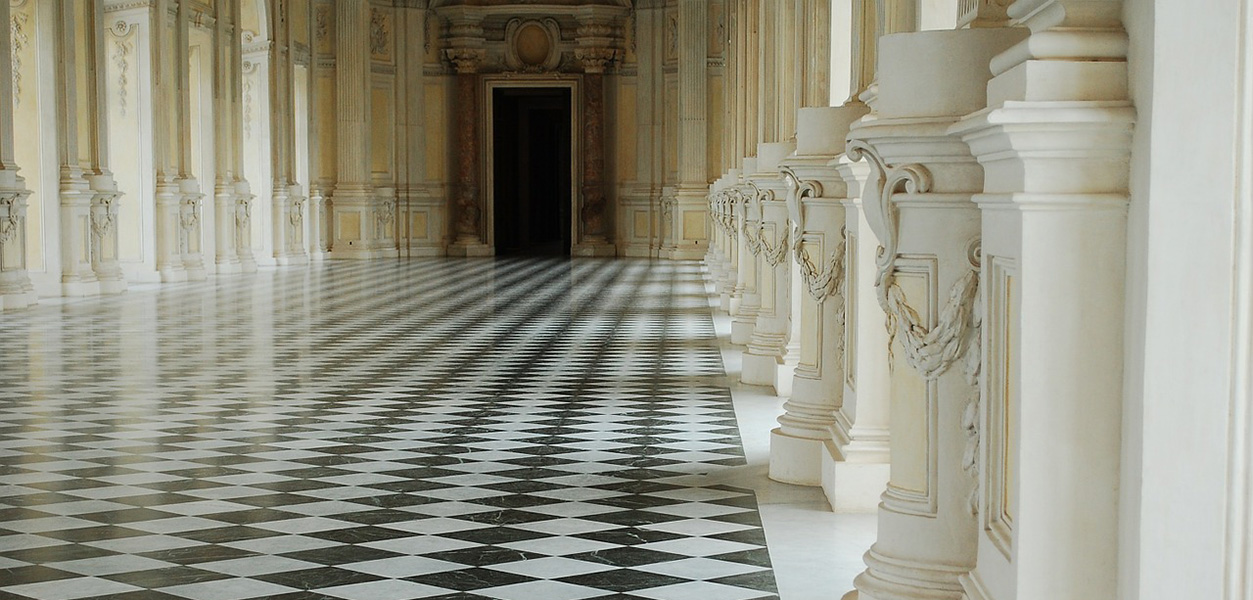
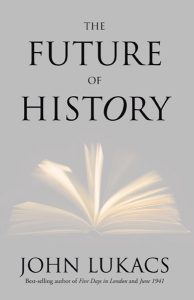
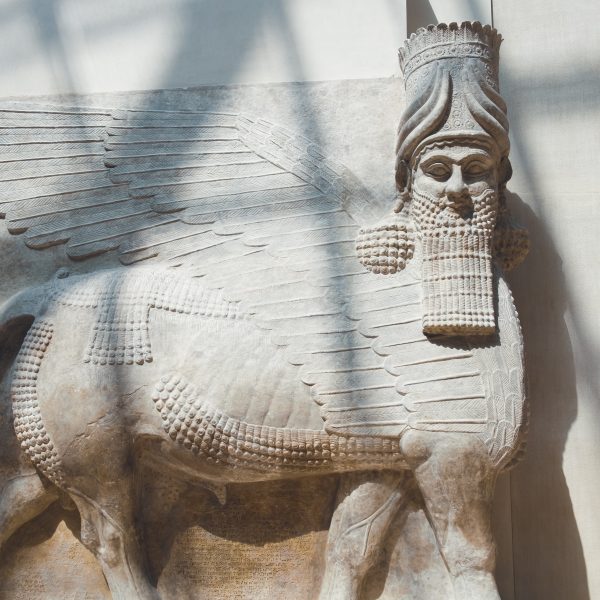
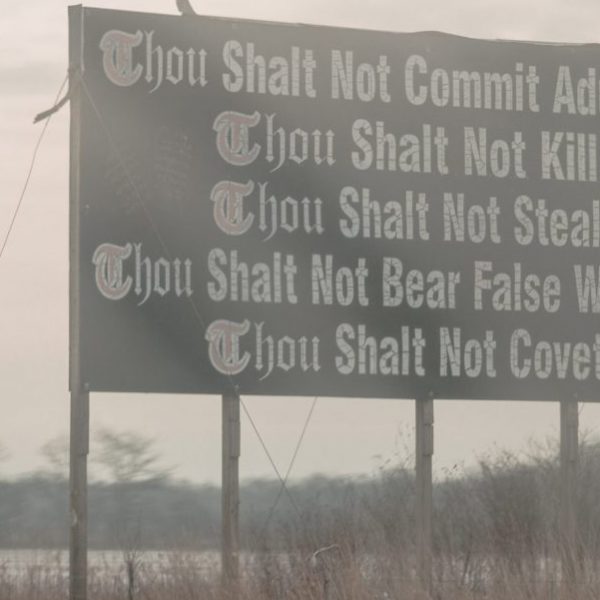
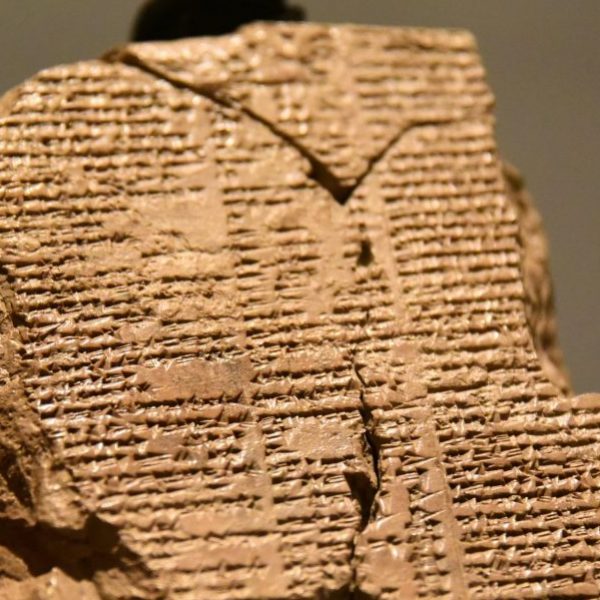
This is a long-debated question, usually resolved: “both.” Why claim with such confidence, now, that history is one or the other, art or science? Why not science? Certainly not “because history is almost never definitive” and “neither wholly objective nor subjective.” Is science always “definitive” or “wholly objective”? Doesn’t science also have a literary, artistic dimension–at all stages of the process?
I would argue that emphasizing only the literary and artistic dimensions of history ignores an important point: History has those dimensions, but so do physics and biology. It doesn’t matter whether you believe history’s purpose is to provide disciplined descriptions of “what people did,” to explain “how” or “why,” or to root out “covering laws” or “general laws of history.” Each enterprise is a science of what humans have done.
Are “doing science” and “doing history” so different? Both involve carefully collecting evidence, methodically organizing it, placing it in the context of other relevant knowledge, interpreting its meaning, and then conveying the whole process in one or another literary form. The logic and practice of professional history is similar in many ways to the descriptive branches of geology, evolutionary biology, or astronomy. Likewise, there is a deep–if rarely acknowledged–artistic and literary dimension to the hardest of “hard sciences”: to design a creative experiment, to discover an elegant theory, to present oneself as an author of such meticulous rigor that one figuratively disappears into the beautifully formal architecture of “science method.”
history is a combination of art and science
Wonderful,my self i comfuse,there are some historians who says history is a science while others they agree is a science and art.Am just to prove by trying to read different articles to know if science how,if art how?.Iadvise faculties of history in different universties to allow essay writings on this topic.BAHATI SEMWALI STUDENT 2ND YEAR,OPEN UNIVERSITY OF TANZANIA.
i am a one who major history in my university course. i wonder on this topic! history is art or science i need briefly explanation!
history is a science because it involves Praxis which need consideration of scientific way to produce different issues in history, Also it involves Archeology which is the pure science since it involves scientifiic methods in making inv estigation and the use of theory, In normal way theory is a scientific concept.
Relationship between history and science: Since the methodology of studying history is scientific.
1. Science methodology start with a problem “identification of problem”.
2. After identifying problem, then gathering of data/source.
3. Then experimentation/analysis
4. Then conclusion/development of hypothesis “General law”.
Science is a method while history is a scientific methodology. And that means history is a science, as quoted by EH Carr in his book name title “what is history” by Bury 1903.
” History is a science no more no less”.
This debate is not over yet, I’ve gone through a series of writings by a prominent historians such as Cammager who proves otherwise.
I’m still sceptical about the answers here.
But can history be say to be a pure or social science? or can it be called a parasitic subject since its gather ingredients from other subjects…. I need a clarification please.
history is both science and art
This is surely one of the interesting and confusing unit in History and especially campus. Different articles say history is a science and others say its an art… To make and cut the story of history short I do support both to an extend due to the fact of methodology and identification of a problem till arrival of solution and too the artistic nature of history like using folk tales, proverbs borrows the arts.
History is both science and an art at the sane time.. Student CHUKA UNIVERSITY .. KENYA
Analyzing events,time and causo-effects clearly confirms how history is both a science and too an art..
History I think should be considered as both science and art ,because, a historian has never stated it cleared that history is an art without including elements of science or science without art, so it is very difficult to state which of the discipline its belong to…BENUE STATE UNIVERSITY MAKURDI,NIGERIA
Truly speaking,History is both art and science,it’s a mother of all faculties. The world can’t do without History.
History is a living course,it’s dynamic and not static.
The knowledge of history will make any course quite interesting.
History is correlated to science,for instance,geographical studies without pure historical background would be unscientific and inaccurate.
Princess ( Victoria),student of History education,AAUA. Nigria.
The debate concerning the placement of History as Science or Arts is as old as man. But nevertheless i have come to understand that history is both science and art, but it is more of art than science.
With latest development in the society and the dynamic nature of the society and the human factor, History has graduated from a form of narrative history to what is now termed analytical history.
In my final opinion i will say that history is both science and art, but more of art than science.
This has been a debate of all times and a riddle that everyone has failed to provide an answer.In my opinion history has also evolved where there is a process involved in getting truth therefore it is an art but more of a science.
This has been a debate of all times and a riddle that everyone has failed to provide an answer.In my opinion history has also evolved where there is a process involved in getting truth therefore it is an art but more of a science.
MOI UNIVERSITY -KENYA
History is more of art than science. History is an art related course even though archaeology is being studied along with it which is purely science.
History is an art as well as science. On my view history involved the application of both sy
scientific and scientific techniques